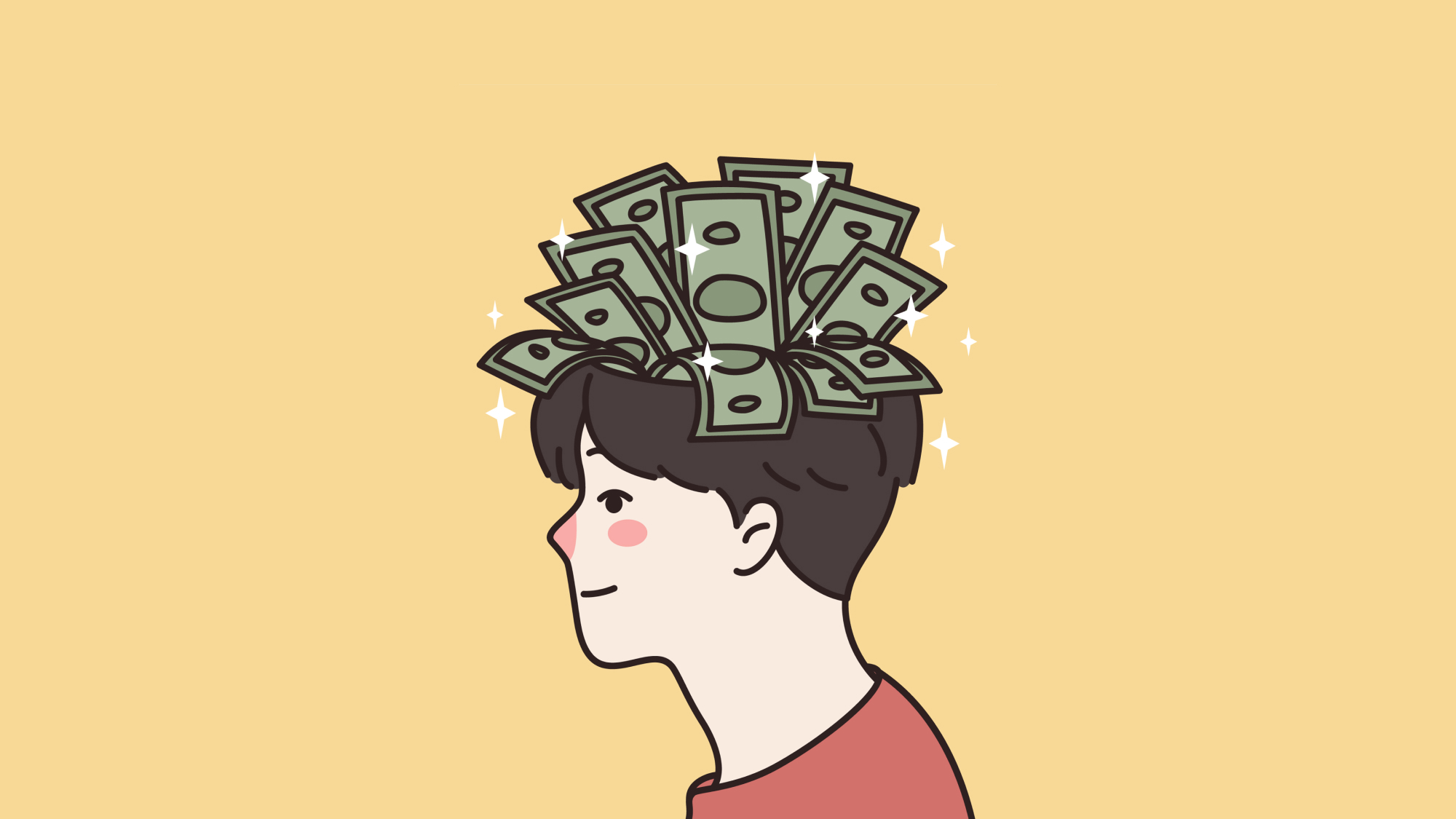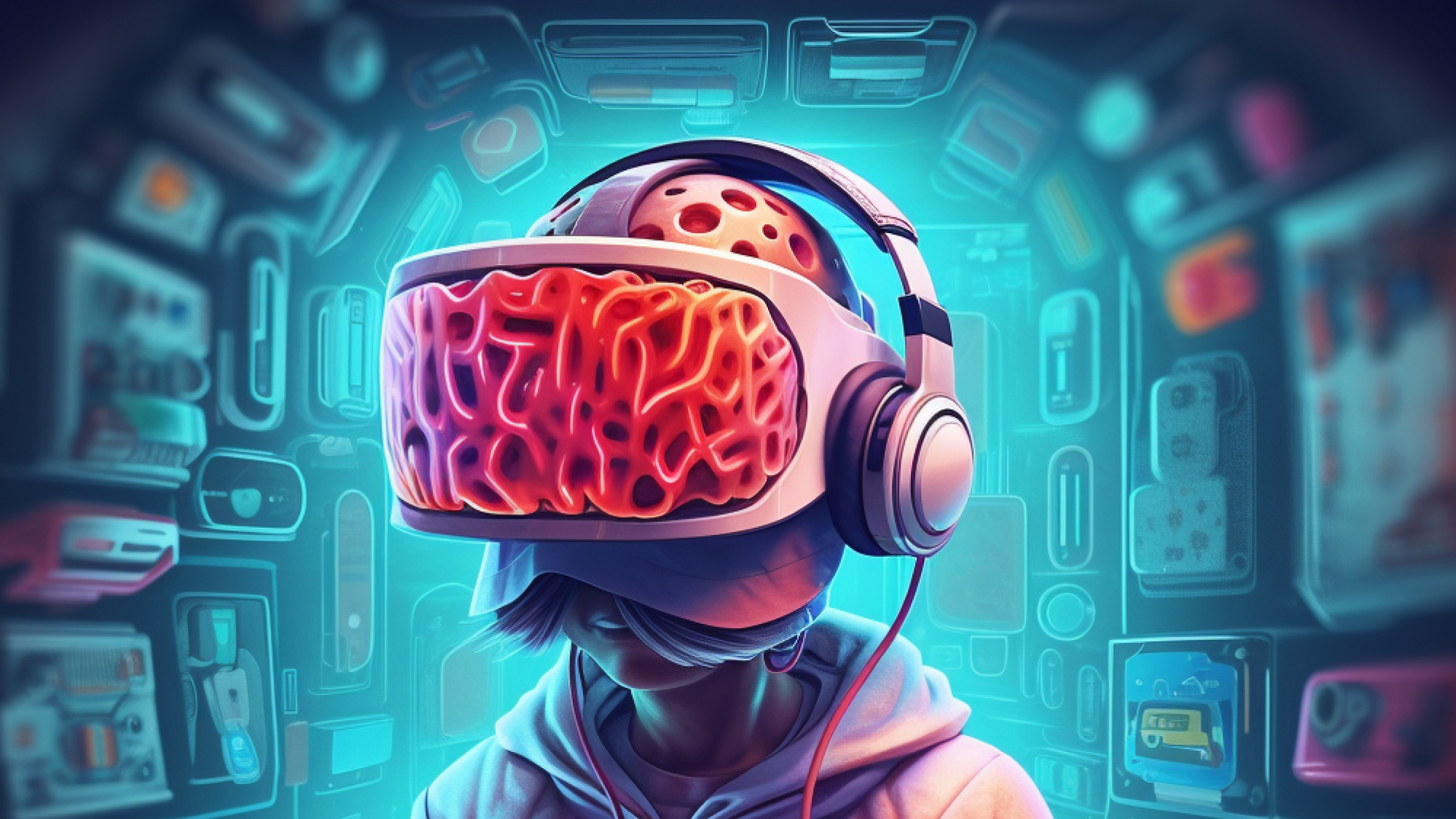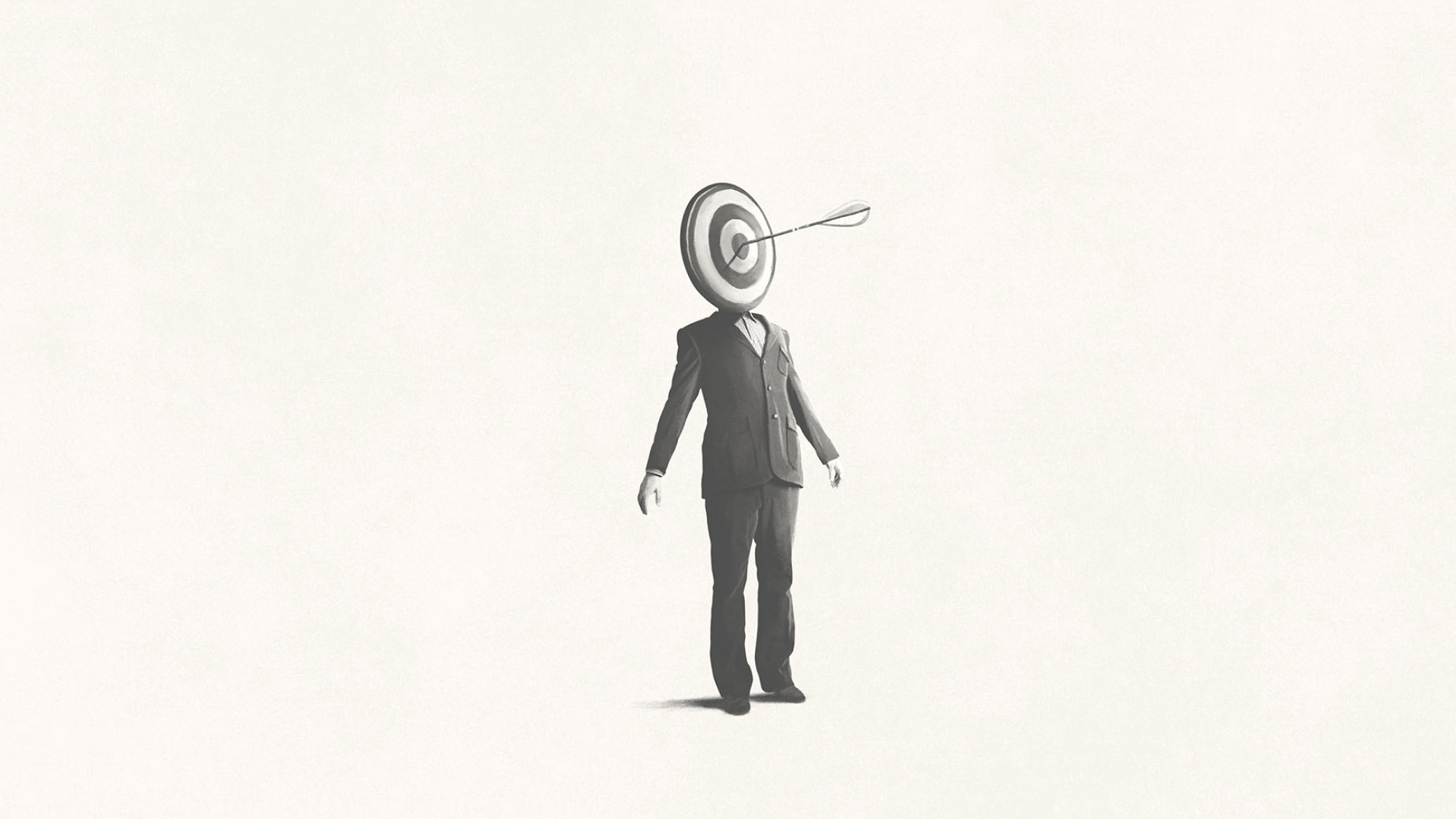
To most people, money might just be cash or coins.
But money is more than that. According to formal dictionary terms, money is “something generally accepted as a medium of exchange, a measure of value, or a means of payment.”
In our modern times, money is more than just fiat cash, but is in fact something we place greater value in.
How the mind processes money
Looking at a study conducted by Neuroeconomist Sacha Bourgeois-Gironde, he discovered that the way our brains process money in itself is quite interesting.
His experiment presented participants with a set of coins varying from 1 Euro, 1 Franc, 1 Australian dollar, Finnish Markka. Hooking the participants up to a brain-imaging machine, he scanned their brains, observing the activity within as they viewed these coins. The researchers discovered two main things:
- The familiarity of a coin made no difference in the brain. There was no distinct impact seen in the visual recognition of the coin.
- The brain was able to decode — in 150 milliseconds — the difference between a valid coin and a non-valid coin (any currency that could not be used in modern society).
The main part of the brain activated when processing the coins was the fusiform gyrus — a part of the visual brain dedicated to the recognition of faces. What’s interesting to note is that this part can also function to categorize other things such as what foods are good for you and what’s not. Broadly speaking, this may help us distinguish the validity of something,
While money is definitely a reward system, serving as a primary reinforcer such as sex and drugs, if we were to dive deeper into the notion of money, it goes beyond that, being a symbolic object in culture.
How does money impact our decision making?
Whatever money is to us, there is no doubt that money itself influences how we consume, governing the decisions we make.
In fact, research has shown that even the reminder of money caused people to evaluate products differently, looking at factors such as brand rather than individual features.

Not having a lot of money can also change the way we judge value in the things we buy. For example, in one study researchers looked into how ‘scarcity’ changed the way we evaluated products and what we bought, ultimately defining value.
The study split the participants into two groups, one with scarce resources and the other with sufficient.
They found that participants in the ‘scarcity’ group had a tendency to compare the values of the two options, weighing the opportunity costs of a decision or action, unlike those in the sufficient group. As noted in the paper,
“Under conditions of scarcity, people focus on pressing needs and recognize the trade-offs that must be made against those needs. Those trade-offs frame perception more consistently than irrelevant contextual cues, which exert less influence.“
— Anuj K. Shah, Eldar Shafir, Sendhil Mullainathan
Money can influence our decision-making, determining not only what features we evaluate in a product, but actually shifting our mindset and perception of value itself.
Why we’re hard-wired to be bad at money
Humans are not very good at delaying gratification.
Although the brain seeks rewards and avoids risks, humans continue to make irrational financial decisions. The Ultimatum Game is a behavioral economics exercise that demonstrates this very fact.
The game presents two people — a proposer and a responder — two choices. The proposer has control of the money and is instructed to make an offer to the responder. If that offer is accepted, both parties each receive their agreed-upon amounts. However, if they do not agree and the responder rejects the proposer’s offer, then both do not receive anything.
Oftentimes, if the amount (usually $10 dollars) that is offered to be split is exactly half, the responder may rationally accept. Yet, the experiment has shown that at times, whenever the offered split is in favor of the proposer, the responder does not accept and both lose out.
This is interesting considering that if we think about it rationally, both parties should always accept any offer made by the proposer, even if it’s a single cent, as the alternative of rejecting the offer results in nothing at all. But as the game has shown, people don’t respond this way.
This Ultimatum Game is evidence of how humans tend to make irrational decisions. The experiment demonstrates that even when we are placed in a situation with a clear choice to accept money, we may not do so. This is because we don’t make choices in such a black and white way. Our minds take into account other characteristics, from the fairness of a situation to reputation.
But this isn’t all our fault.
Based on research by Dr. Brad Klontz, a financial psychologist, he found that the attitudes our parents held about money could also play a part in our relationship with it as we become adults. But beyond that, what makes us ‘bad’ with money is that we spend more than we actually save.
Our brains are simply not hard-wired to save for the future. Not acting on our immediate impulses and simply saving for later down the road is not set in our neurobiology.
“For the vast majority of our history we lived in hunter-gatherer societies, where resources were plentiful and all you could take with you is what you could carry, so we’re not really hardwired to collect more than we need for the next day or week.”
— Dr. Brad Klontz
Final thoughts
As we can tell from the rise of crypto and the way finance is changing in the modern-day, money is ultimately nothing more than an abstract concept whose worth is validated by the human mind.

When it comes to financial decisions, our brains do not make choices based on gains or risks alone. We tend to make irrational decisions, as factors like reputation and emotion pull on the threads of our decision-making as well.
As both consumers and/or creators, we should remember that how we make a decision to buy something can be largely based on how an option is presented. Cognitive biases such as the framing effect explain this very phenomenon.
Money is something that affects all of us, shaping our behaviors and the way we interact socially. Without active, conscious effort to fight out innate “YOLO” impulses, as well as break out from our familial financial beliefs, we will only continue to be at financial risk for the future to come.










